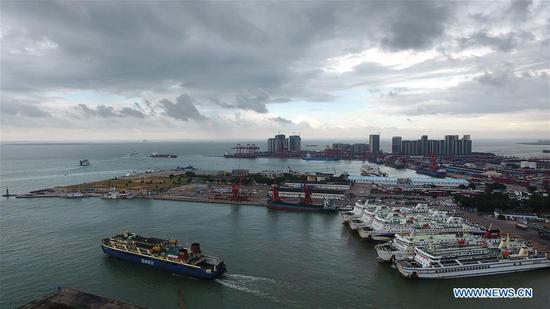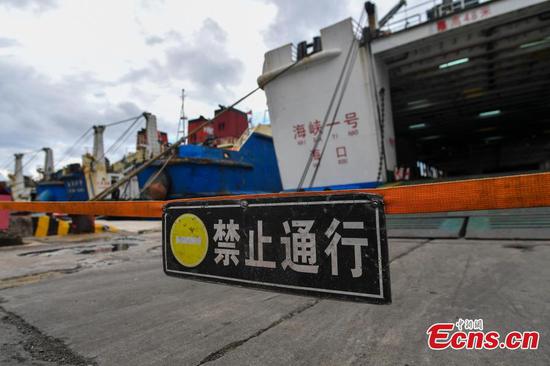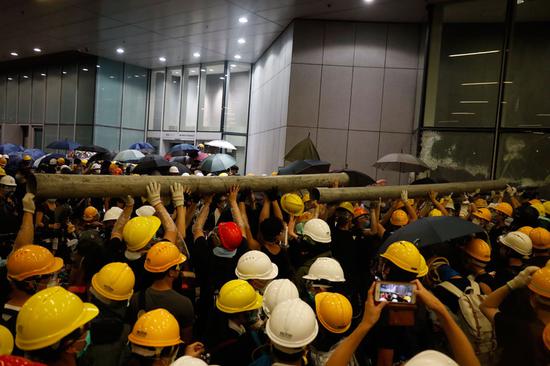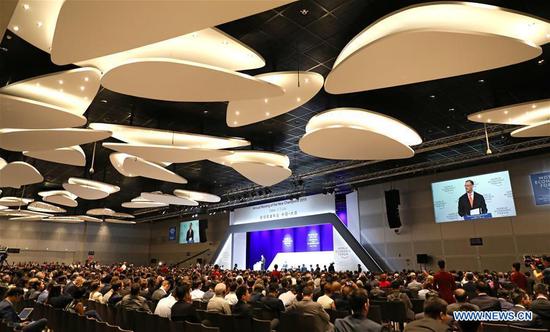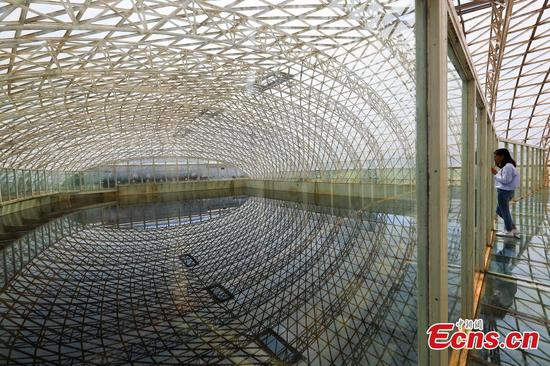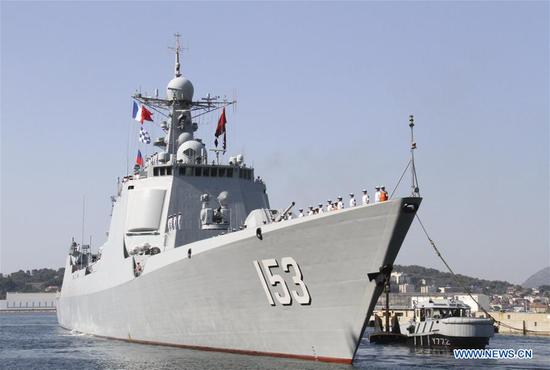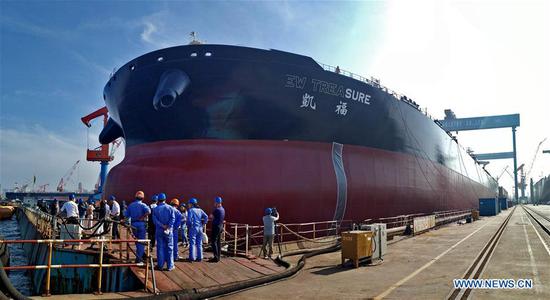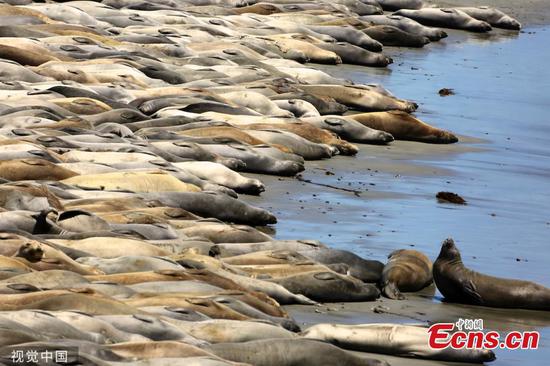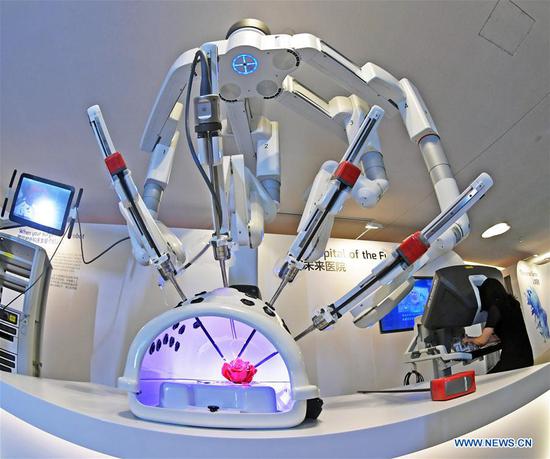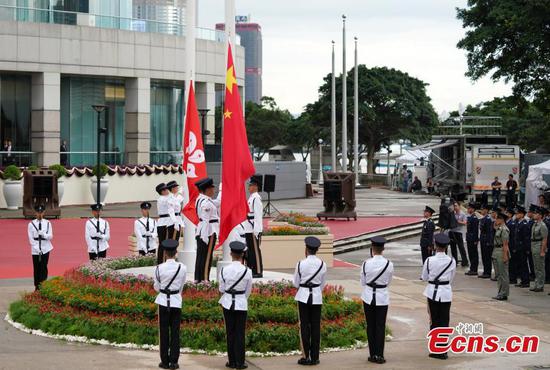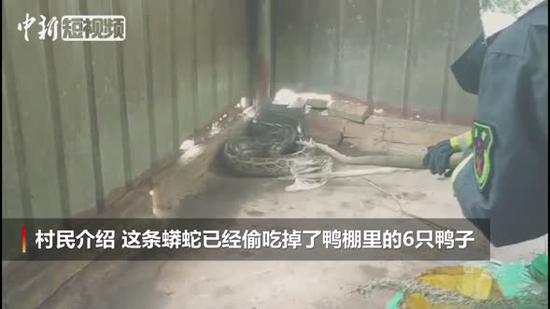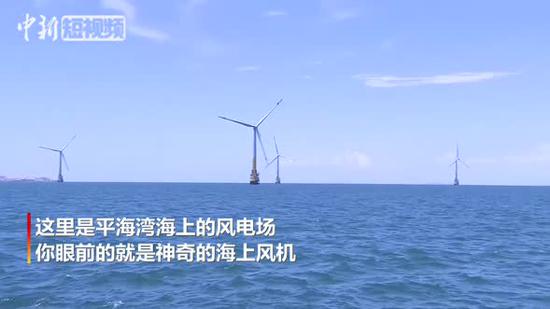Wall Street institutions and economists at leading U.S. investment banks have expressed optimism on the latest progress in U.S.-China interactions over trade and China's pledge to further open up.
On the sidelines of the G20 summit in the Japanese city of Osaka on Saturday, Chinese President Xi Jinping and his U.S. counterpart, Donald Trump, agreed that the U.S. side will not add new tariffs on Chinese exports, and that the two sides will restart economic and trade consultations on the basis of equality and mutual respect.
"This is a positive move to de-escalate bilateral trade tensions in the near term," according to a research report released by the Bank of America Merrill Lynch (BofAML) on Monday.
"The joint decisions announced after the meeting are consistent with our baseline scenario," the report noted.
Senior economists at Swiss investment bank UBS said Monday in a report that the outcome of the Xi-Trump meeting was consistent with their investment stance, and they expected further U.S.-China trade consultations.
"We expect talks to continue over the coming months, with the most likely outcome -- as we previously expected -- a prolonged truce on trade," said Mark Haefele, global chief investment officer at UBS Global Wealth Management, in a brief note to media.
"Both sides have incentive to avoid further rounds of retaliation. An escalating trade conflict could slow U.S. growth ahead of next year's presidential election and potentially reduce President Trump's chances for re-election," Haefele and UBS strategist Vincent Heaney said in its report.
Yet as trade uncertainties continue to overshadow the two economies, top financial institutions in the United States held that they believed China's policy stimulus tools would prop up its growth momentum.
UBS noted that Chinese authorities are able to use fiscal and monetary levers to support growth, adding that they expected the Chinese central bank to further ease its reserve requirement ratio.
Likewise, Goldman Sachs said Sunday in a note that they expected to see more easing policies in China in the next few months, including reserve requirement ratio cuts and fiscal supports for infrastructure investment.
Similarly, BofAML believed China's measures to boost infrastructure investment and maintain the pace of property construction are "crucial to stabilize domestic demand."
In addition, the U.S. bank noted that it's "encouraging to see China is trying to offset the pain in U.S.-China trade by opening up more to the rest of the world."
"It is a wise move to step up on economic opening now, which demonstrates China's resolve to be a key part of global trade and supply chain," BofAML said in the Monday report.
"In the foreseeable future, a potential trade deal (or even just a partial deal) with the U.S. could allow China to cement its position as an economic powerhouse both in terms of consumption and production," it noted.









